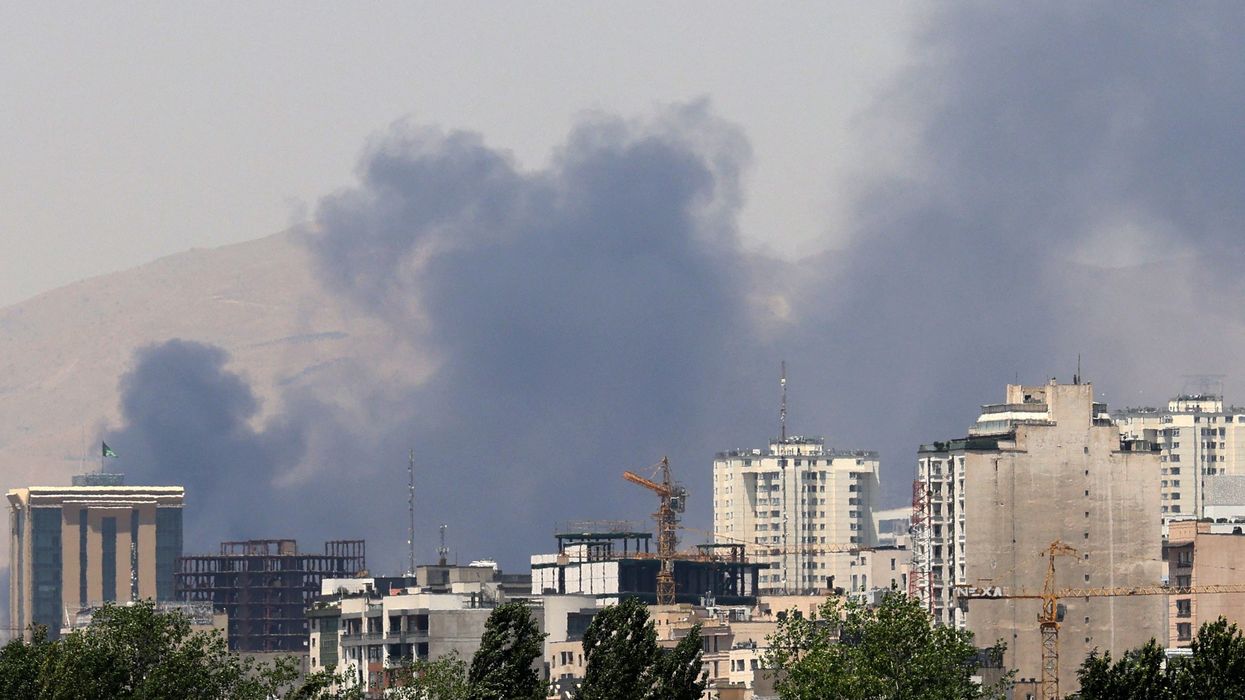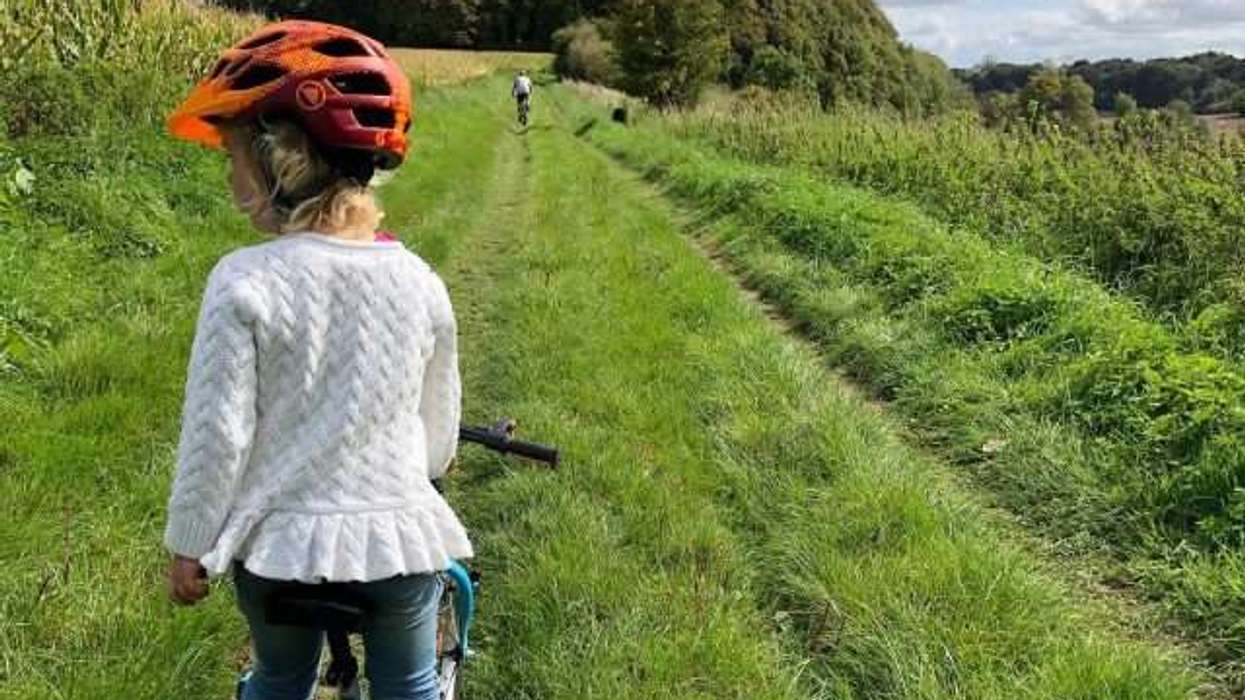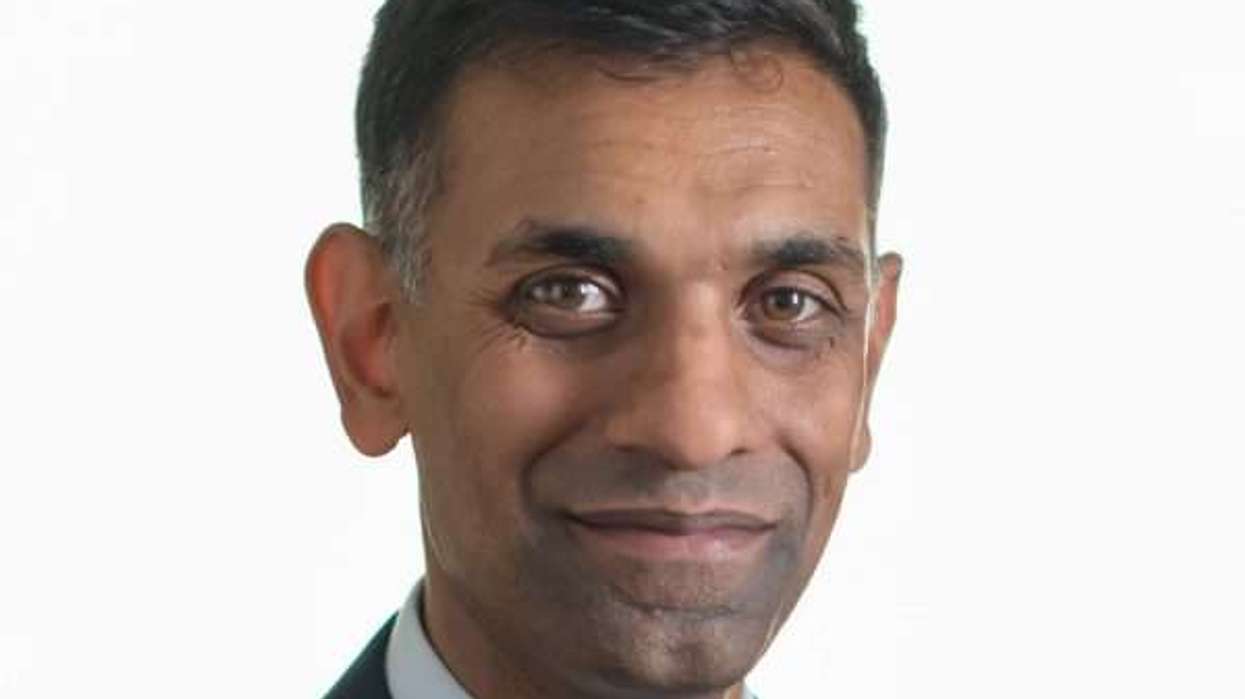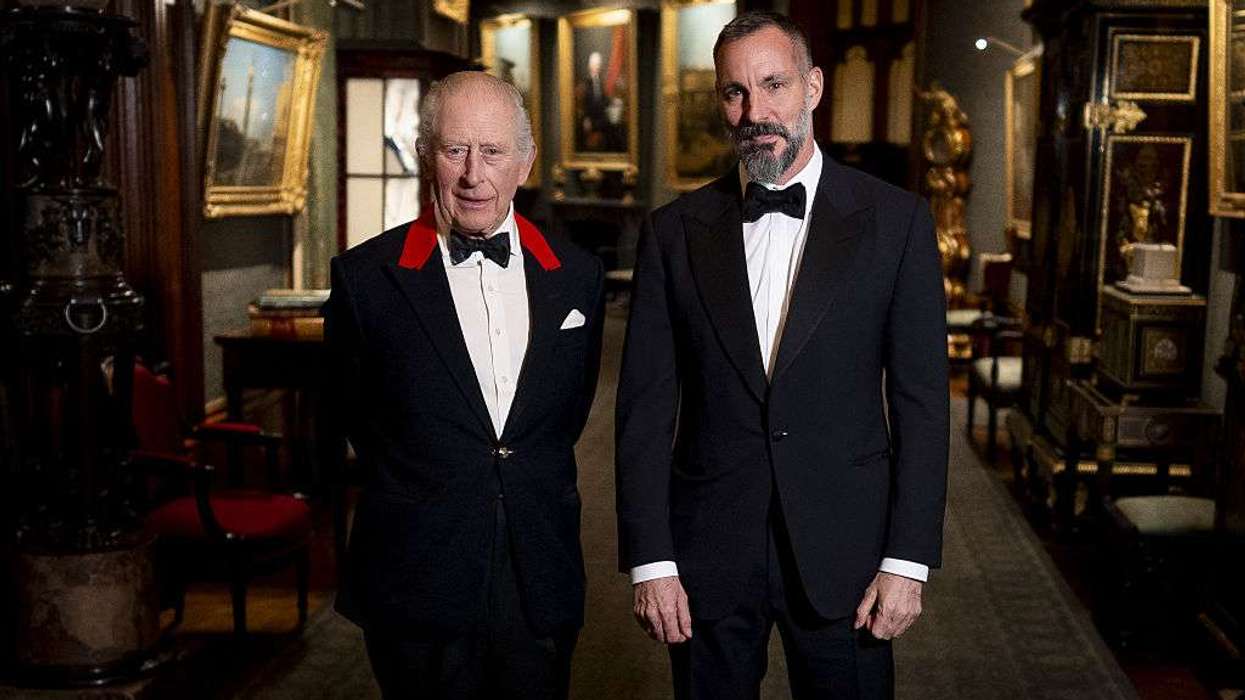INDIA has moved some of its citizens, including students, to safer locations in Iran following days of deadly Israeli strikes. The Indian embassy in Tehran is monitoring the situation and coordinating with local authorities to help Indian nationals amid the ongoing conflict between Iran and Israel.
"The Indian embassy in Tehran is continuously monitoring the security situation and engaging Indian students in Iran to ensure their safety," said a statement from the ministry of external affairs. "In some cases, students are being relocated with (the) embassy's facilitation to safer places within Iran."
The ministry said there are around 10,000 Indian nationals in Iran, including more than 2,000 students, according to government data from last year and 2022, respectively.
Iran closed its airspace after the Israeli attacks began on Friday. India, which maintains diplomatic relations with both Iran and Israel, has urged restraint. "Existing channels of dialogue and diplomacy should be utilised," said foreign ministry spokesperson Randhir Jaiswal. On Friday, India said it was ready “to extend all possible support” to both sides.
Casualties reported on both sides
Iran's health ministry reported that at least 224 people had been killed in Israeli strikes since Friday, while Israeli authorities confirmed more than a dozen deaths following retaliatory Iranian attacks. Israel's Magen David Adom emergency service said five people had been killed and 92 wounded in the latest Iranian missile barrage.
Iran launches missile strikes on Tel Aviv
Iran launched missile strikes early Monday on Israeli cities, including Tel Aviv and areas near Haifa, in retaliation for Israeli attacks on Iranian military targets over the weekend. Israeli military officials said the strikes targeted missile sites in central Iran. AFP images showed damage to residential areas in Tel Aviv, while explosions were reported in Jerusalem.
Iran’s Revolutionary Guards said they had “successfully” struck Israeli targets and warned of “effective, targeted and more devastating operations” if attacks continued.
‘A heavy price’ for targeting civilians, says Netanyahu
Israeli prime minister Benjamin Netanyahu accused Iran of targeting civilians and warned of consequences. “Iran will pay a very heavy price for the premeditated murder of civilians, women and children,” he said during a visit to a missile-hit residential building in Bat Yam, near Tel Aviv.
Iranian state media said five people were killed in an Israeli strike on a residential building in central Tehran on Sunday. Iran’s armed forces spokesperson Colonel Reza Sayyad warned Israel to evacuate the occupied territories, saying they “will certainly no longer be habitable in the future”.
Iranian president Masoud Pezeshkian called for national unity in response to Israeli attacks. “Stand strong against this genocidal criminal aggression with unity and coherence,” he said while addressing parliament.
Tensions rise as global leaders call for restraint
Former US president Donald Trump said the United States was not involved in the Israeli strikes but warned of consequences if American interests were attacked. “Sometimes they have to fight it out, but we’re going to see what happens,” Trump told reporters on Sunday.
A senior US official told AFP that Trump had discouraged Israel from targeting Iran’s supreme leader Ayatollah Ali Khamenei. “President Trump was against it and we told the Israelis not to,” the official said.
Israeli defence minister Israel Katz said Tehran would “pay the price” for attacks on Israeli civilians. Iranian foreign minister Abbas Araghchi claimed Tehran had “solid proof” of US support for the Israeli attacks and said Iran’s response was to “aggression”.
“If the aggression stops, naturally our responses will also stop,” Araghchi said in a meeting with foreign diplomats.
Iran cancelled nuclear talks with the US and called negotiations “meaningless” during active hostilities. The Iranian judiciary announced on Monday that a convicted Mossad agent had been executed. Meanwhile, Israel said it had detained two individuals with alleged links to Iranian intelligence.





